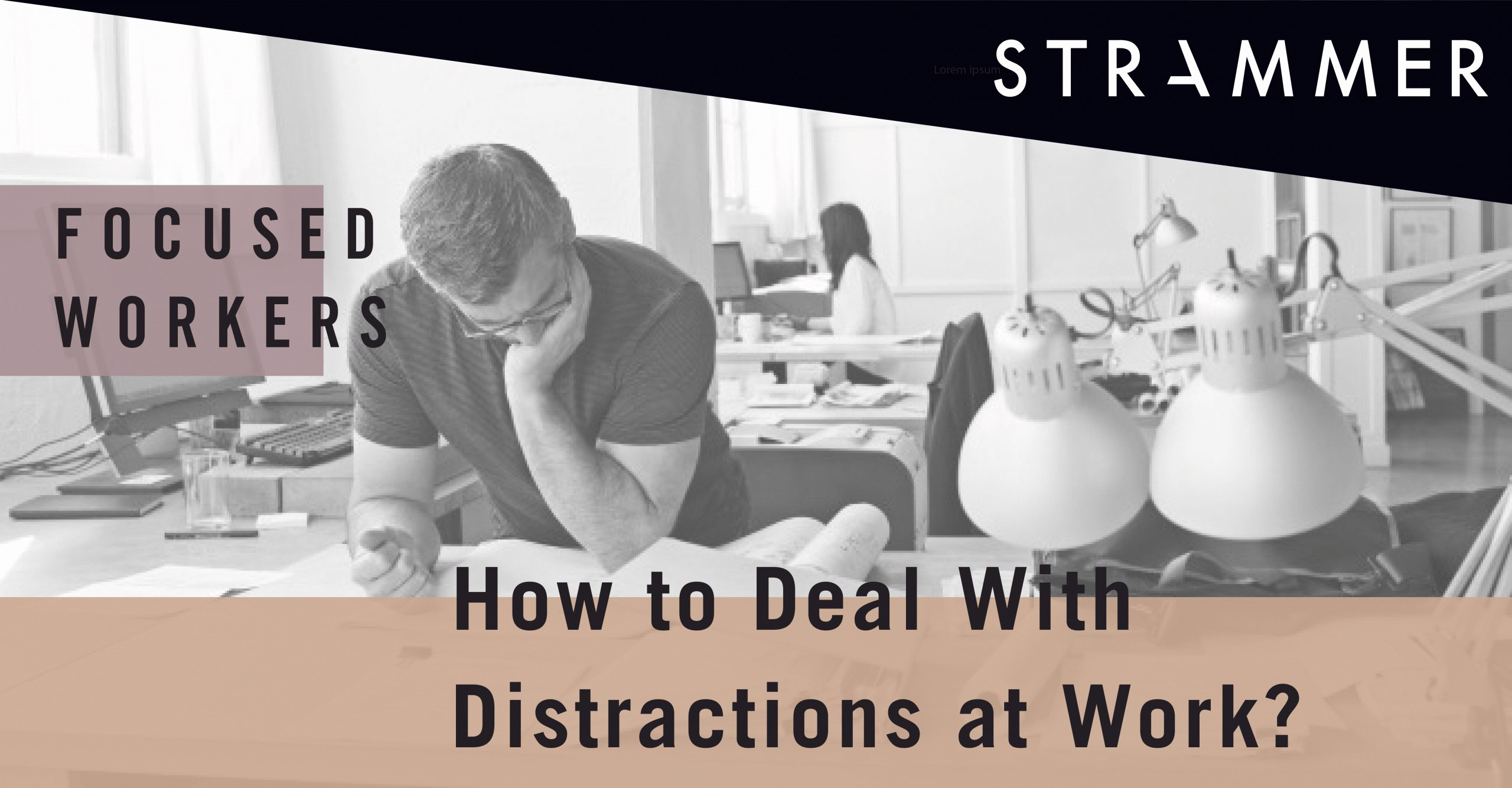How to Get Less Distracted at Work?
We all know how much our sleeping and resting habits can affect our focus at work. But many things can influence it. For instance, in the workplace, we are constantly being distracted by noises, colleague’s conversation, and interruptions, among many other things.
An interesting 2018 study from Udemy showed that 54% of workers said distractions at the office make them have a poorer work performance. As we can understand, employees really benefit from finding out what distracts them at work and how to tackle these distractions.
One of our biggest distractions at work is technological devices, the company’s as well as ours. So, for example, if we do not need our phone at work, we should try not to check it and put it in silent or airplane mode. This way, we will not get distracted by constant notifications/calls. The Udemy 2018 report showed that 43% of respondents said that “turning off the phone during work hours” is an effective way to deal with distractions.
Another thing that distracts employees and is also related to technology is the time spent answering emails. It is crucial to define rules on this subject. For example, blocking a specific time to check them. Some of us schedule autoresponders, which is a good solution for not feeling the pressure of automatically answering all e-mails. When writing emails and to avoid unnecessary communication, one should be clear, direct and answer all requests/questions.
However, if what is disturbing employees are noises/conversations, it may be helpful to bring headphones to work and try to listen to music or even white noise. Plus, employees can talk to their colleagues and inform them when they do not want to be interrupted and need to focus.
The workspace can also determine how distracted we are. Leaving your workspace clean and tidy is an effective way not to get distracted by it. But if workers feel very distracted at work, working from home may be a good solution. We have no unwanted noises or interruptions, which help us be more focused. But employees should remember that it is crucial not to work where we relax. It is important to make the separation between leisure/relax and work.
In addition to all that we said, it is also vital that workers understand their work habits. Knowing when and where we are most productive helps us avoid distractions and manage our work time more efficiently. We should organise our day in advance and use time-management strategies. For instance, the Pomodoro technique or even the 90/20 minutes technique (which consists of working intensely for 90 minutes and taking 20 minutes breaks) help us prioritise tasks and get less distracted.
Employers can also help workers focus more by providing training on how to avoid and manage distractions. Leaders and managers should make employees feel comfortable enough to talk to them about what distracts them and how they can overcome these obstacles.
Finding solutions to our distractions will only have positive results. It will strengthen work performance, satisfaction, and among many other things, productivity.
References:





